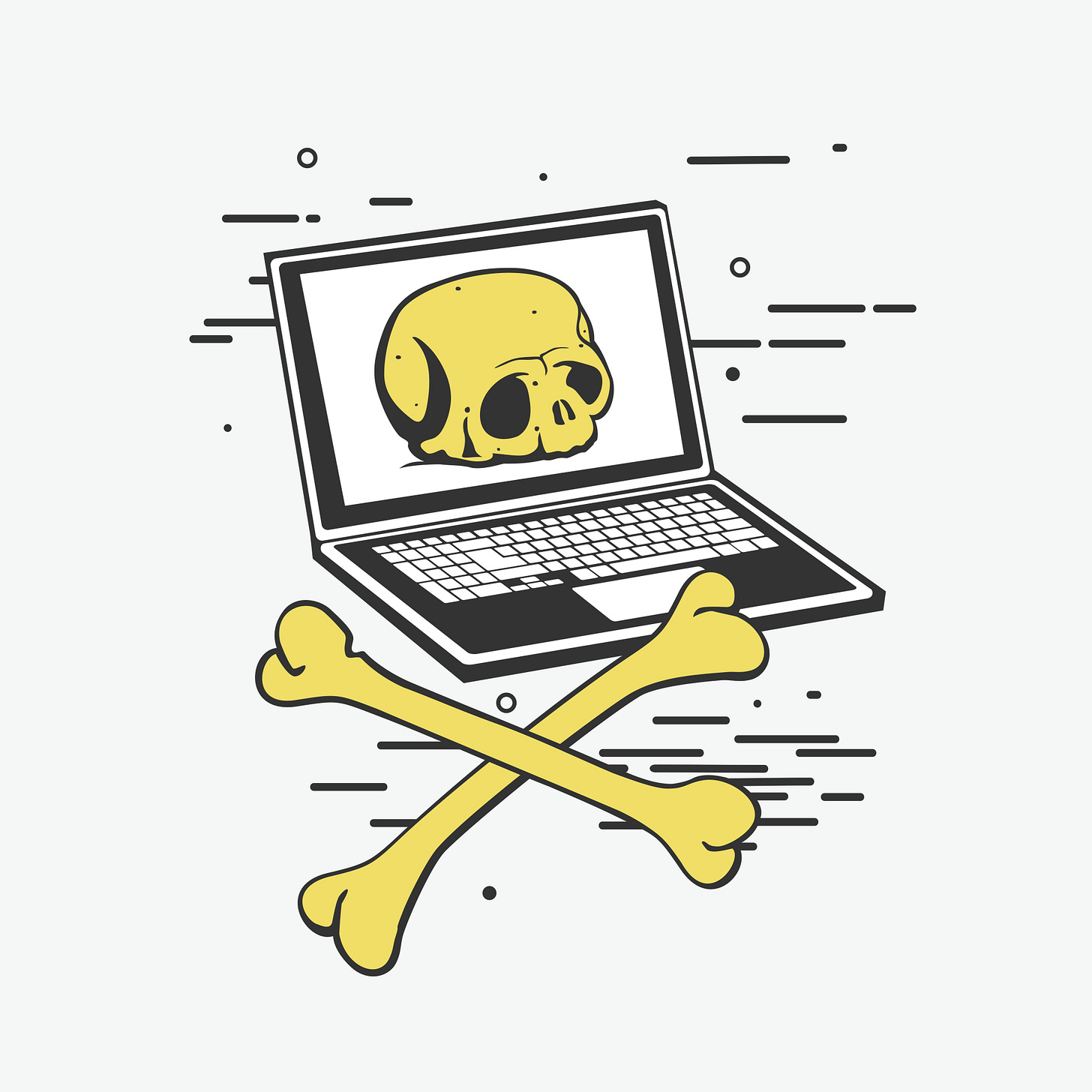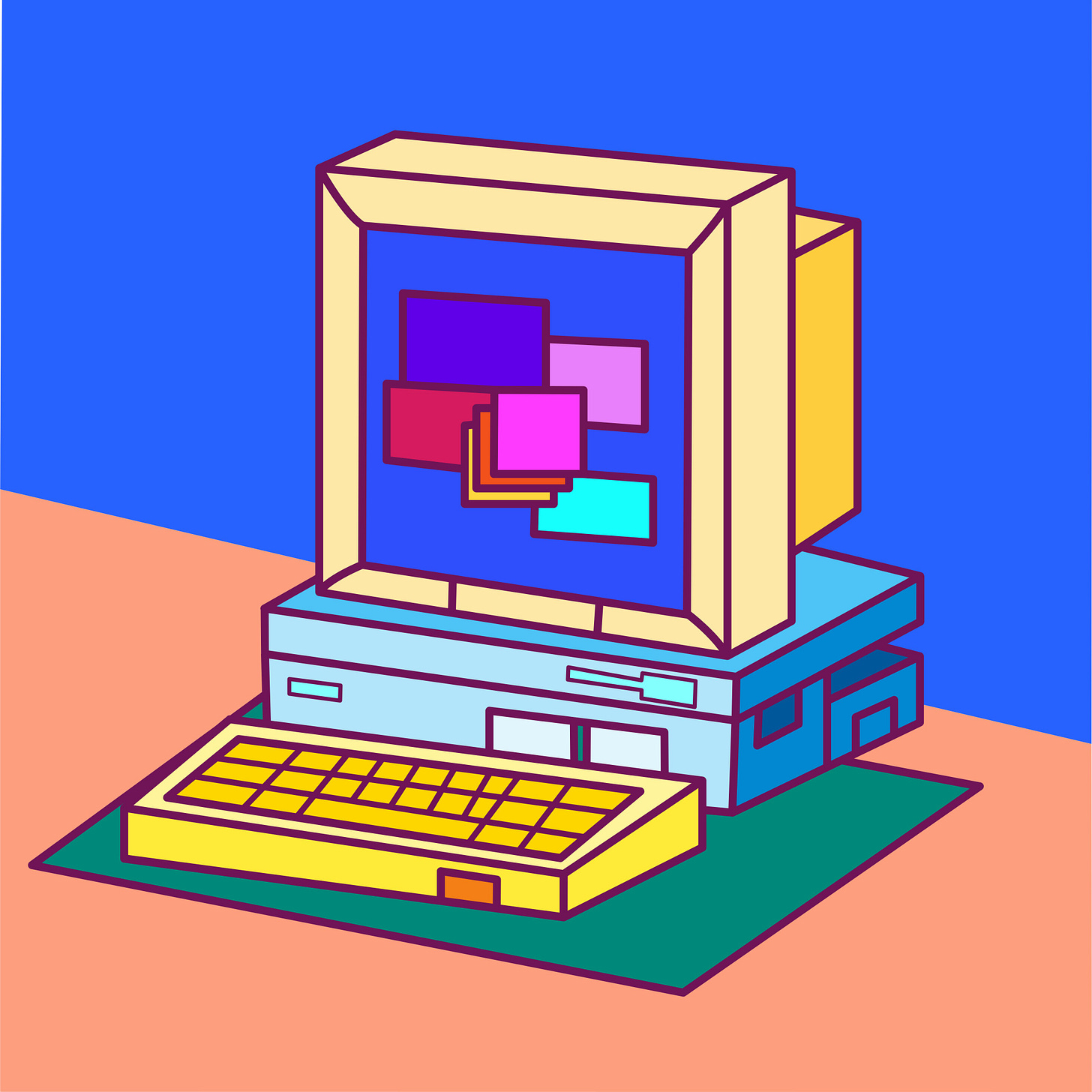my $2,100/year brain-friendly business stack (after testing 83 tools that nearly broke my brain)
the graveyard of productivity apps on my phone tells a story. so does my burnout.
I’ve been that fool watching tech reviews of software on YouTube at 2:35 am.
Hoping—no, praying—the next “genius” productivity app would be the one.
You know the one.
The one that would finally tame my squirrel brain, organize my chaos, cure my nervous system, make me wake up at 5am journaling about gratitude and fasting till noon.
Spoiler: it didn’t.
In fact, most of them made everything worse.
They assumed I had a different brain.
They assumed I had their brain.
when your brain fights your tools
If you’ve ever:
downloaded 15 productivity apps in a single weekend,
built a Notion dashboard so pretty you never actually used it,
set up automations that felt more like traps than time-savers...
Then you know this hell.
You’ve lived it too.
And if you’re neurodivergent, highly sensitive, or just overwhelmed—you know this truth: most tools tax your brain. They don’t support it.
the tool graveyard: where good intentions go to die
This is the stuff I tried before I figured it out. If you recognize yourself in this, you're not alone.
email management:
❌ gmail – analysis paralysis meets inbox roulette
❌ spark – so many features it felt like a dashboard on mushrooms
❌ hey – tried to force me into their system like I was some productivity cult recruit
✅ superhuman – it’s like email on ADHD meds, finally
calendar blocking:
❌ manual time blocks – I’d forget I blocked time and say yes to everything anyway
❌ clockify – felt like someone breathing down my neck
❌ motion – AI that scheduled like I was a morning person (I am not)
✅ reclaim.ai – defends my time like a medieval knight on espresso
note-taking:
❌ apple notes – great for grocery lists, terrible for business thoughts
❌ obsidian – intellectually sexy, but I need emotional safety not graph porn
❌ roam – mind-mapping hell that gave me decision fatigue before I even typed
✅ notion – we argue, we fight, but we make it work. it's my chaos catcher.
ai assistants:
❌ generic chatgpt – like asking a stranger to read my mind
❌ jasper – everything sounded like a SaaS sales pitch from 2014
❌ copy.ai – all templates, no soul
✅ claude pro + custom gpts – nuanced, context-aware, doesn’t make me explain myself twice
Those are the four tools I still use after testing 47 others. But instead of just copying me—let’s talk about how you can decide if a tool deserves a spot in your brain-friendly stack.
I built something for that.
👇 introducing: should it stay or go? (tech stack edition)
It’s a custom GPT I trained to help you figure out if a tool belongs in your workflow—or if it’s just another shiny object slowly eating your soul.
It’ll walk you through:
how the tool affects your energy and cognitive load
whether it supports or sabotages your actual work style
what red flags to watch for (even if the features look amazing)
and most importantly—whether it deserves a second chance or a graceful delete
No more decision paralysis.
Just honest, AI-powered reflection based on how your brain actually works.
(Free for now, but only available to subscribers inside the Work Room moving forward.)
the brain tax no one talks about
Every tool you add is either a brain-support system or a brain-sucking vampire.
And most reviews online miss this completely.
They talk about features. Integrations. Fancy roadmaps.
But here’s what they don’t talk about:
how many mental tabs it opens just to use the damn thing
whether the tool makes you feel calm… or judged
if the UI overwhelms your nervous system
whether it breaks the second your routine does
That’s why I stopped trusting tool reviews and started listening to my own brain. That’s what the audit GPT was built for. Because my brain doesn’t lie. It just short-circuits.
the $2,100/year reality check (still worth it)
Yeah it sounds like a lot.
But wanna know what cost me more?
Burnout.
Context-switching.
Manual admin hell.
Here’s the real ROI:
before:
30+ hours/week on admin crap
late nights catching up
brain fog 24/7
guilt for not being “productive enough”
after:
15 hours/week on admin (max)
creativity back online
actual rest on weekends
space to think again
I’m not trying to save money on tools anymore. I’m trying to save my brain.
And that is priceless.
what I’m testing next (and why)
🧪 voice note management – my voice memos are chaos. testing something structured.
🧪 project management – notion’s doing okay, but maybe there’s a more visual tool?
🧪 social media scheduling – looking for something light and intuitive
🧪 crm (customer management) – need something that doesn’t feel like managing a spaceship
I’ll keep testing, keep refining, and keep killing anything that adds more mental load.
the real lesson
Your brain isn’t broken.
Your tools are.
Stop trying to shove your nonlinear, energetic, emotionally rich brain into rigid neurotypical systems.
Start building a system that meets you where you are.
A brain-friendly business isn’t just possible—it’s essential if you want to last.
want to audit your stack with me?
You don’t need another list of tools. You need better decision systems.
Inside the Work Room, you’ll get:
unlimited use of the “Should It Go?” GPT
monthly live teardown sessions where we audit real reader stacks
step-by-step guides to making your tech stack work with your brain
behind-the-scenes on what I’m testing, breaking, and rebuilding
PS: Some of the links in this post are affiliate links. I only recommend stuff I actually use—no fluff, no fakes. Buying through them supports my testing addiction 🧪💀
Stop blaming your brain.
Start building systems that make sense for you.
That’s the $2,100 lesson I paid for—so you don’t have to.






